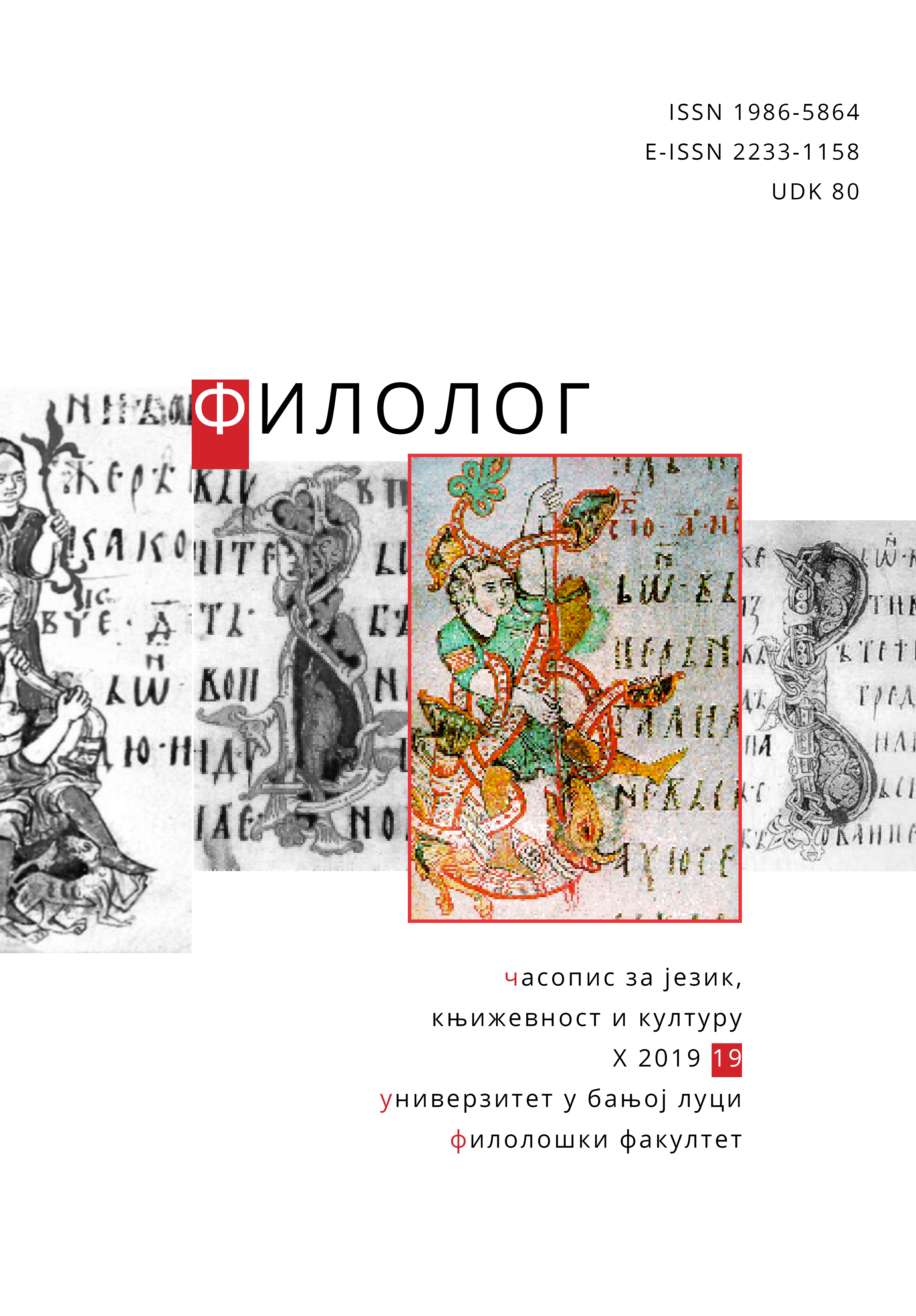The Role of Phonotactic Information in the Processing and Production of Inflectional Morphology
The Role of Phonotactic Information in the Processing and Production of Inflectional Morphology
Author(s): Strahinja DimitrijevićSubject(s): Psychology, Semiotics / Semiology, Theoretical Linguistics, Phonetics / Phonology, Morphology, Syntax, Lexis, South Slavic Languages, Cognitive Psychology, Philology
Published by: Филолошки факултет Универзитета у Бањој Луци
Keywords: phonotactic information; inflectional morphology; word classes discrimination; memory-based language processing; support vector machines;
Summary/Abstract: In two separate studies, it was examined to what extent in languages with rich inflectional morphology, such as Serbian, in the tasks of automatic perception and word production we can rely on phonotactic information, i.e. permitted combinations of phonemes/graphemes. In the first study, with the help of support vector machines, word classes discrimination was carried out based on bigrams and trigrams generated at the morphosyntactic category level. In the second study, the production of inflected forms was explored, with the help of memory-based learning, relying on phonotactic information from the last four syllables of lemmas. Maximum discrimination accuracy of inflected word classes was obtained on the basis of bigrams reaching about 93% of accuracy. Similarly, in the task of inflectional production on all inflected word classes taken together, around 92% of the inflected forms were generated correctly. This confirms that phonotactic information in the perception and production of morphologically complex words plays an important role. Therefore, this information should be taken into account when considering the emergence of larger language units and patterns. The results show that functional connections between orthography/phonology and semantics lead to successful lexical learning, but at the same time they call into question the need for positing the existence of mental lexicon in which mental representations of various language characteristics are stored.
Journal: Филолог – часопис за језик, књижевност и културу
- Issue Year: 2019
- Issue No: 19
- Page Range: 36-63
- Page Count: 28
- Language: English

